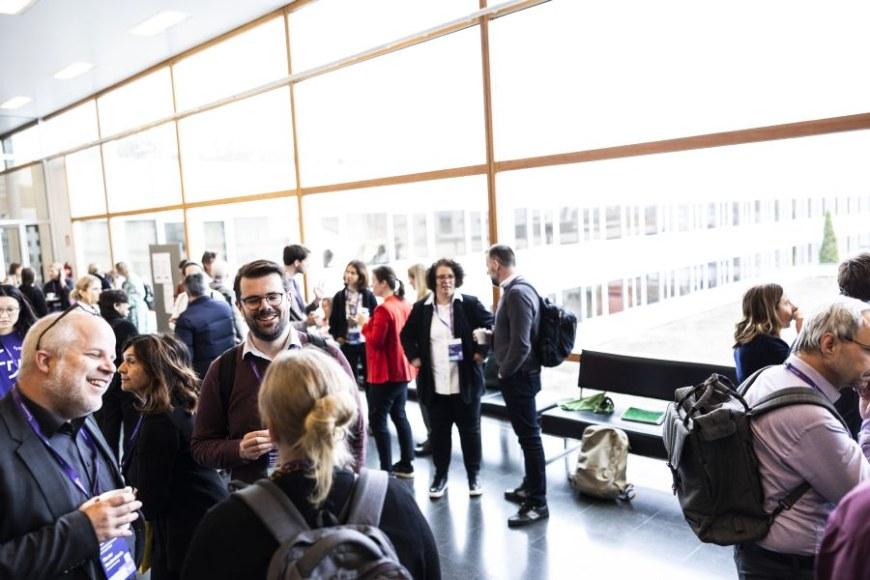Good work continues despite the coronavirus crisis: Tampere University students earn record number of credits

The data stored in Vipunen, a reporting portal maintained by the national education administration, demonstrates that students in Finnish universities have maintained effective progress towards their degrees this spring. However, Tampere University stands out from the rest. In April and May, our students have worked hard to finalise their degrees, complete master’s and bachelor's theses and attend courses and units.
According to Information Specialist Elisa Rantanen, the statistics compiled by Tampere University are reliable and the data for the years 2019 and 2020 is comparable.
Director of the Education and Learning unit Jukka Mäkinen identifies several reasons that have contributed to the increase in the number of credits.
“Student information systems will be unavailable for a while this summer due to a system reform. All credits have therefore been entered in students’ academic records in May and June.”
Besides Tampere University, the new Sisu student information system will be introduced at LUT University, where the number of credits earned by students has likewise increased in April and May.
“The past spring has been a good time for students to make effective progress towards their degree. With many summer jobs and internships cancelled, students have been able to focus on their studies.”
Effective switch to remote teaching
Because of the coronavirus outbreak, Tampere University made the switch to virtual teaching at the beginning of the fourth period in March. The ability of students and staff to work remotely and make the switch to remote teaching and learning was excellent, and the transition was favourably received.
“We have offered support to teaching staff and they have actively responded. For example, the Digipeda virtual meetups have been popular this spring. Teachers have also offered alternative modes for completing courses, so it has not been necessary to postpone exams. I tip my hat off to our teachers who have so effectively risen to this challenge. Our support staff has also been able to make a quick transition to the new ways of working,” Mäkinen says.
“I thank everyone, including our hardworking students, for making this record achievement possible!”
The overall picture of the number of credits earned by university students in Finland will become clearer in the autumn when all the courses completed by students appear in their academic records. Students also have the opportunity to earn credits over the summer, because the course offerings made available in the summer months have been significantly expanded.
Inquiries:
Jukka Mäkinen, Director, Education and Learning,
jukka.makinen [at] tuni.fi (jukka[dot]makinen[at]tuni[dot]fi), tel. +358 505644886





